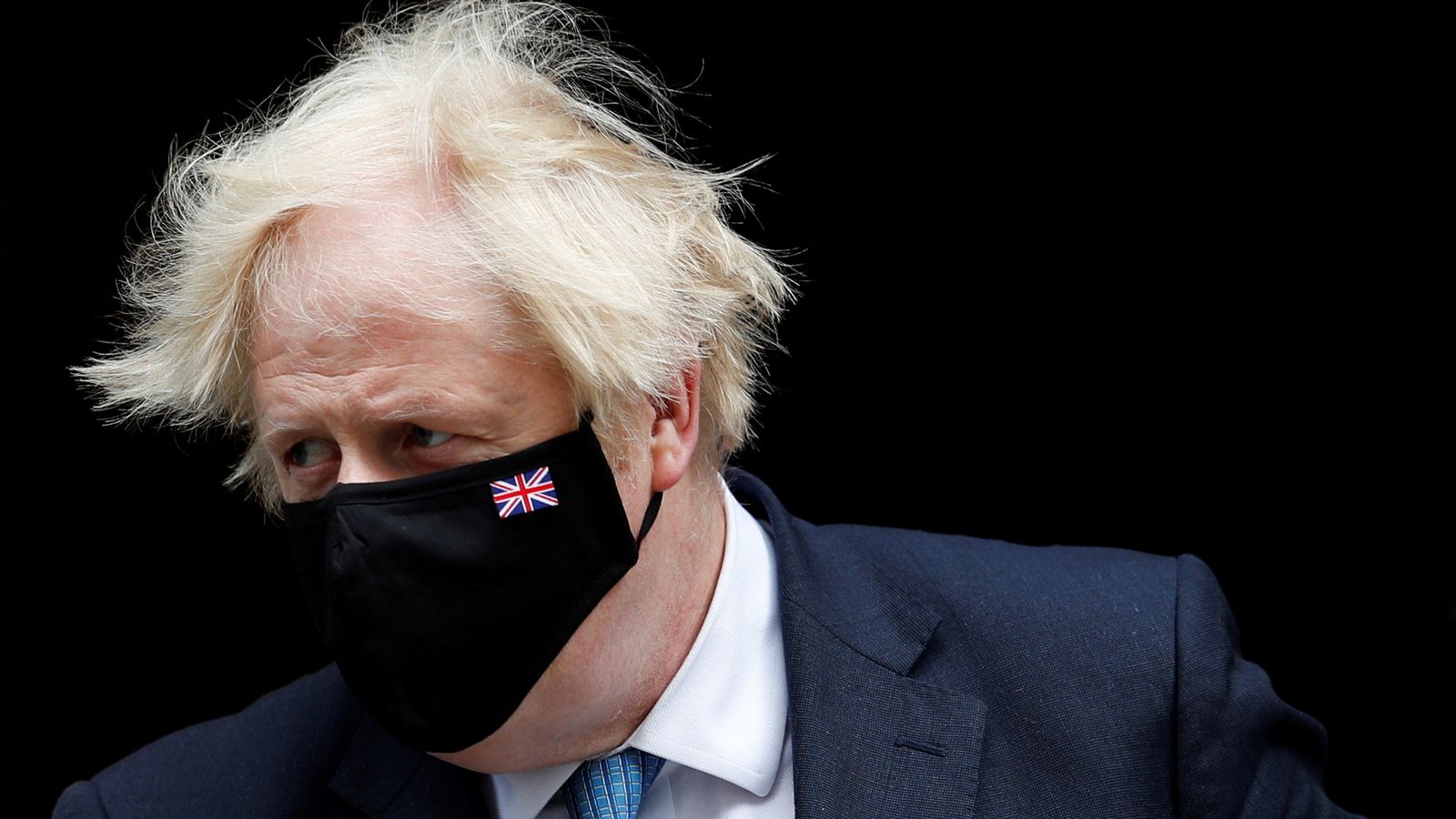The prime minister is expected to repeal some powers of the Coronavirus Act as he sets out the government’s plan for managing COVID-19 over the autumn and winter.
Boris Johnson will outline the next steps in the pandemic response at a news conference next week.
Number 10 said COVID-19 will circulate alongside flu and other respiratory viruses, with the threat of a new variant adding to the unpredictability of the colder months.
But Mr Johnson is likely to repeal Coronavirus Act powers in England that are deemed no longer necessary, including:
• Powers to close down the economy
• Powers to impose restrictions on events and gatherings
• Powers to temporarily close or restrict access to schools
• Powers to detain infectious people.
Powers that are deemed as “critical to protect and support the public” will remain, including giving sick pay to those isolating from day one rather than day seven of their isolation, directing schools to remain open if they are closing against government guidance, and helping the NHS to get the emergency resources it needs.
People will also still have to isolate if they test positive for COVID-19, in an effort to protect the most vulnerable from infection and to control the spread of variants, Number 10 said.
Mr Johnson said: “Thanks to the efforts of the public, the NHS and our phenomenal vaccination programme, we reached Step 4 in our Roadmap and life has returned to a sense of normality.
“These extraordinary times required necessary but intrusive measures. But I’m determined to get of rid of any powers we no longer need because of our vaccine defences.
“I will set out the next phase in our COVID response shortly.”
Follow the Daily podcast on Apple Podcasts, Google Podcasts, Spotify, Spreaker
The Public Health (control of disease) Act of 1984 is separate from the Coronavirus Act and contains emergency powers that can be used in pandemics if there is the potential for significant harm to human health.
No changes are planned for the Public Health Act.
The COVID management plan will focus on vaccines as the “first line of defence” in the autumn and winter, supported by new treatments, testing, and variant surveillance.
As of 9 September, nearly 90% of the UK population aged over 16 have received a first dose of a COVID vaccine, and over 80% have received both doses.
A decision is expected next week from the Joint Committee on Vaccinations and Immunisation (JCVI) on how widely a third jab should be offered to boost protection.
Public Health England data shows that two doses of the Pfizer vaccine is 96% effective against hospitalisation from the Delta variant, while the Astra-Zeneca vaccine in 92% effective.
But it has already been confirmed that those who have compromised immune systems will be offered a third vaccine dose, as they are likely not to have gained enough protection from two doses.
